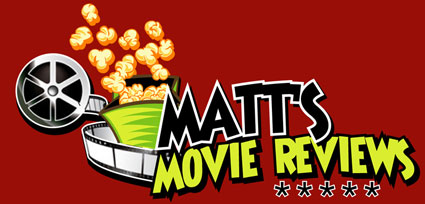A confrontational look at a taboo issue, Amour sheds light on how the embracement of humanist values has seen the physically disadvantaged ostracised into the clutches of a culture that embraces death.
Compile a list of taboo issues and euthanasia will be at the top. It has no middle ground. Either you believe the right to life must be preserved at all times, or the right to end one’s life should allow to be made under the right circumstances.
There is no doubt that director Michael Haneke is a proponent of the latter, with Amour his cinematic statement of the issue. Yet while his intent is obvious Amour can easily be seen as damnation of a system not created to help the disabled, and of an increasingly eroding society willing to end a life of “lesser value”.
Amour focuses on Georges (Jean-Louis Trintignant) and Anne (Emmanuelle Riva) an elderly couple still deeply in love and enjoying their retirement years in Paris. When Anne suffers a stroke that leaves her disabled on the right side of her body, their relationship is tested with Anne falling into a deep, suicidal depression and Georges left as her sole caretaker.
Over the course of the movie we witness the disintegration of not only Anne’s mobile functions, but also her spirit. Such cinema can be distressing enough, yet through Haneke’s unflinching eye it is damn near uncomfortable and at times horrifying to viewing, and rightfully so. The loss of will to live due to the suffering of body and soul is a dark and sorrowful thing, especially when approached with the frank and almost nihilistic attitude that Haneke has applied here.
Amour, of course, is French for “love”. In Haneke’s mind (and those of pro-euthanasia persuasion) the biggest act of love Georges could give to Anna is to perform a mercy killing. Such thinking could not be further from the truth. To love isn’t to kill or to die (although people have done such thing for love). The ultimate love is to fight for each other, to care for one another, to sacrifice for the greater good of one another, and to live.
Georges and Anna are not bad people. Neither is Haneke. They are just products of a society looking for an easy fix, victims of the gross incompetence from authorities who have failed to provide the disabled with the proper resources, and the consequence of a fracturing of the family dynamic where in their case absentee daughter (played by Haneke regular Isabelle Huppert) barely lifts a finger to help her parents.
While Haneke’s opinion and cinematic style is frank, he has in fact made a film in Amour that begs viewers to ask questions, debate and fight for those who cannot fight for themselves. Humanity’s true strength lies in its ability to care for one another with the light of life as its guide. Amour shows the consequence of when that light is diluted by the influence of secular morality. Powerful and recommended viewing. |
